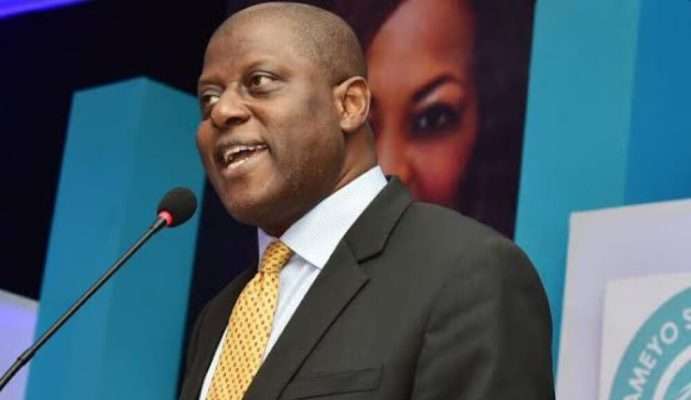Aso Rock’s ₦10bn Solar Project Raises Doubts Over Nigeria’s National Grid Reliability

Story written by SpringNewsNG | April 23, 2025
In a move that has reignited national debate about Nigeria’s power sector, the federal government has approved a ₦10 billion allocation to install a solar mini-grid at the Aso Rock Presidential Villa, according to the 2025 national budget.
This major project, listed under the budget code ERGP202502463, is titled “Solarisation of the Villa with Solar Mini Grid” and takes up over 17% of the Villa’s capital expenditure. The overall capital budget for Aso Rock was initially proposed at ₦47 billion but was later revised to ₦57 billion, likely due to the inclusion of the solar energy project.
Dual Power Sources Raise Strategic Questions
Despite the shift towards solar energy, the budget still includes an extra ₦311 million for conventional electricity supply. This dual approach has sparked concerns about the federal government’s long-term energy vision and the underlying confidence in the national grid.
Critics argue that if the country’s seat of power is shifting to solar, it sends a strong message about the declining faith in Nigeria’s central power infrastructure.
Electricity Tariff Hike Deepens Public Frustration
The solar initiative comes at a time when most Nigerians are battling with erratic power supply and skyrocketing electricity costs. The Nigerian Electricity Regulatory Commission (NERC) recently approved a significant hike in electricity tariffs under its new Band A classification.
Customers classified under Band A — expected to receive a minimum of 20 hours of electricity daily — now pay ₦225 per kilowatt-hour, up from the previous ₦68. While the government claims only 15% of consumers are affected, many households report being wrongly placed in this category without any real improvement in power supply.
Educational Institutions Suffer Prolonged Blackouts
Across the country, key public institutions continue to grapple with crippling power cuts. In February 2025, students at the College of Medicine, University College Hospital (UCH) Ibadan, staged a protest after enduring over 100 days without electricity. Their power was cut in November 2024 by the Ibadan Electricity Distribution Company (IBEDC) due to an unpaid ₦400 million electricity bill — part of a ₦3.1 billion debt dating back to 2019.
Similarly, the University of Lagos (UNILAG) was disconnected in August 2024 over a ₦472 million bill. The university blamed the increase on its reclassification from Band B to Band A, which saw its monthly electricity bill rise from ₦150–₦180 million to nearly ₦300 million.
Ahmadu Bello University (ABU), Zaria, also found itself in darkness in late November after Kaduna Electric cut off its power due to unpaid debts, despite the institution paying over ₦1 billion in electricity bills earlier in the year.
Public Criticism: “A Loss of Faith in the National Grid”
Energy advocates and consumer rights groups have expressed deep concern over the federal government’s shift to solar for the Presidential Villa. Princewill Okorie, President of the Electricity Consumer Protection Advocacy Centre (ECPAC), said the solar transition signals a lack of confidence in Nigeria’s national power supply system.
“If the presidency can abandon the national grid for solar, what hope does the average Nigerian have?” he asked. “This is a reflection of poor policy execution in the power sector. The cost of solar energy is still far beyond the reach of many Nigerians.”
As Aso Rock goes solar, the move is seen by many as a symbolic — and troubling — indicator of Nigeria’s deepening power crisis. While alternative energy solutions are essential for a sustainable future, critics argue that the government must first fix the underlying issues in the national grid before investing billions in isolated solutions.






